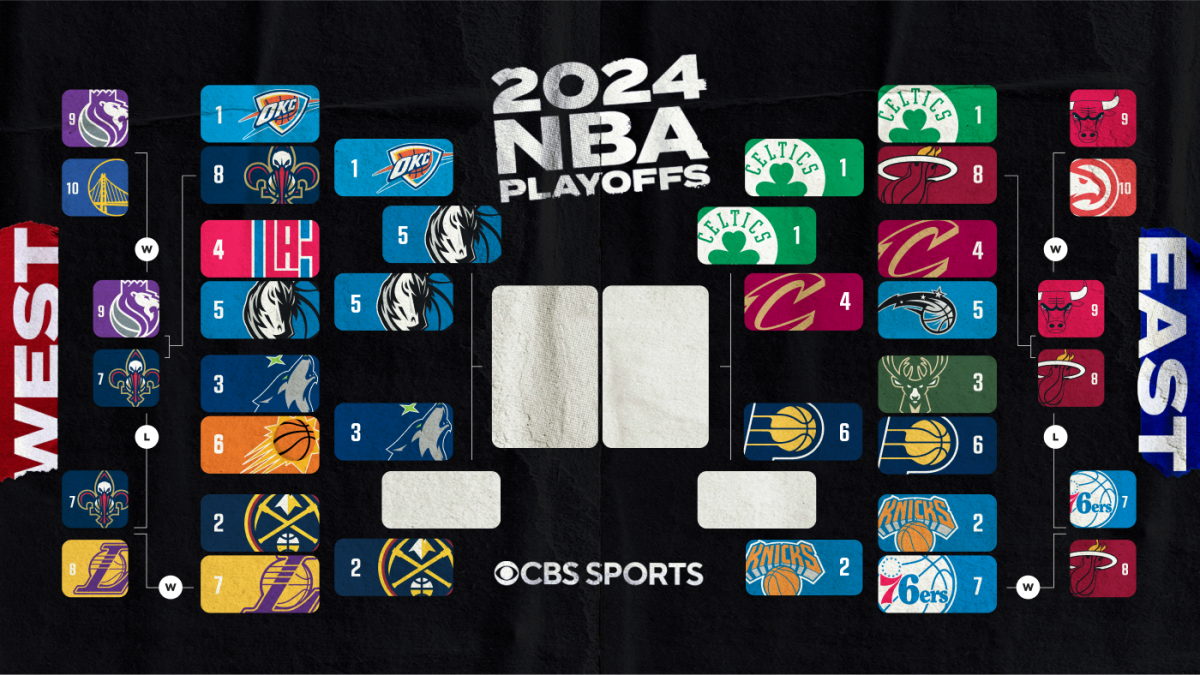Jobs
Gen Zers could nab jobs from millennials if have AI skills, LinkedIn and Microsoft data shows

Millennials, who weathered the 2008 financial crisis, face further challenges as they contend with job market shifts. Their traditional career trajectories are being reshaped by digital-savvy Gen Zers armed with AI expertise, according to the 2024 Annual Work Trend Index by Microsoft and LinkedIn.
Surveying 31,000 individuals across 31 nations, the tech titans reveal a shift in employer preferences: “Managers say AI aptitude could rival experience.”
Significantly, 71% of leaders preferred hiring candidates with AI skills over those with more conventional experience.
Compounding the issue, employers show little inclination to train existing staff in AI. Despite 66% of leaders insisting on AI skills for new hires, a mere 25% of firms plan to provide training in generative AI this year.
This trend implies a burgeoning advantage for younger applicants, as employers must cast a wider net for talent beyond their organizations.
Furthermore, Gen Zers with AI acumen not only stand to secure prime positions but also accelerate their ascent up the corporate ladder. The report reveals that 77% of leaders intend to delegate increased responsibilities to early-career hires with AI proficiencies.
Gen Z is in the driving seat
Karin Kimbrough, LinkedIn’s chief economist, tells Fortune that employees—not their bosses—are driving the push to integrate AI into their jobs.
That includes entry-level employees, like Gen Zers, who are still gaining their career footing.
“AI is at work; employees are not waiting for their employers to set up official business processes to use it,” she said. “They’re already experimenting, learning, and trying it out, because they see the value proposition.”
In the report, Microsoft and LinkedIn call those particularly AI-inclined workers “power users,” because they’re the most adept at finding ways to use AI to save time and improve their own performance—and while younger workers historically skew more pro-tech, the report finds that power user employees aren’t limited to one generation.
“As much as we want a narrative that Gen Zers are the tip of the spear, it’s actually employees of all ages,” Kimbrough says. “The ones who are most curious are voting with their feet, saying, ‘hey, I’m agile, I’m willing to learn, I’m productive.’ It’s an incredibly strong signal.”
While it may not be Gen Z exclusively, they still do lead the pack.
Eighty-five percent of Gen Z respondents to the report say they use AI at work, compared to 78% of millennials, 76% of Gen Xers, and 73% of Boomers.
In the same way Gen Zers are not the only ones leading the AI force, neither are tech workers, Kimbrough adds. In fact, the upskilling has been most pronounced among workers in creative roles like marketing, writing, and design.
“There’s always a question of: Is this actually going to provide more productivity growth?” Kimbrough says.
“As economists, we know that’s the golden ticket—how to insulate wages from inflation. Productivity growth is magical for the economy. If AI can deliver it, that’s a plus.”
Plus, workers need not mourn the loss of their original jobs as AI continues to advance.
“Your job is a collection of tasks; some are rewarding, some don’t give energy at all, but you have to do them,” Kimbrough says.
“As much as possible, we want to rotate towards the most fulfilling and complex tasks. That’s where the fun part is; it’s where you bring your special human sauce.”










